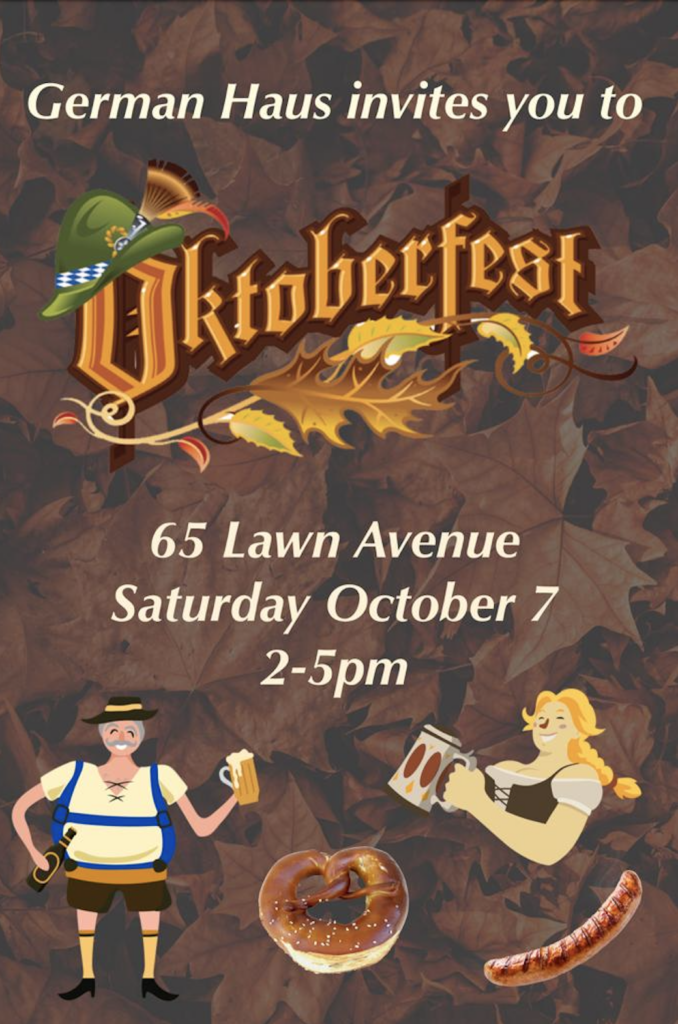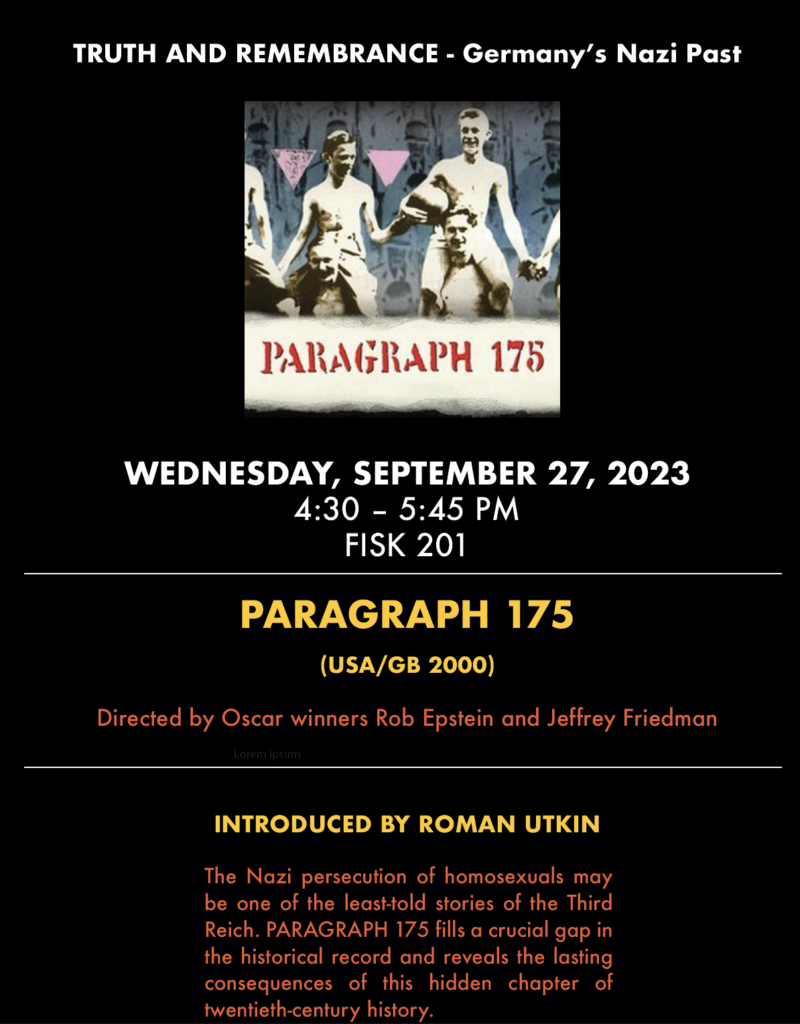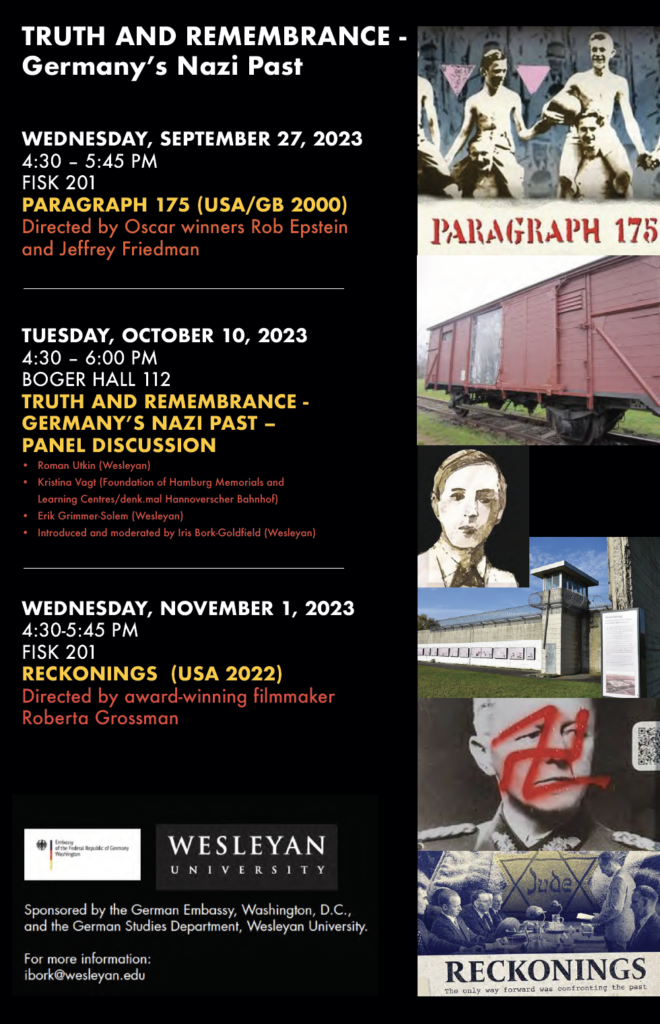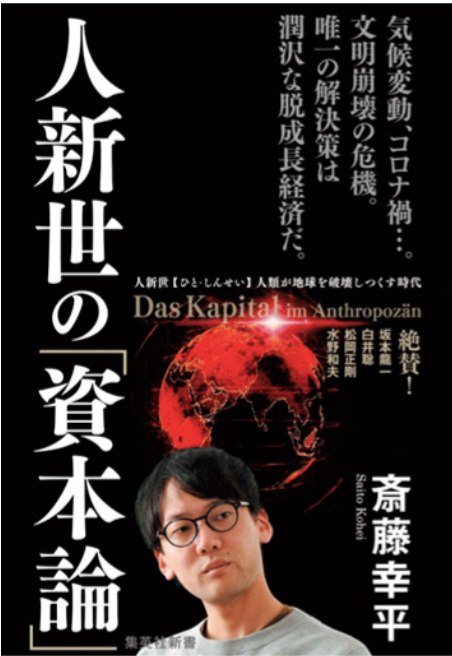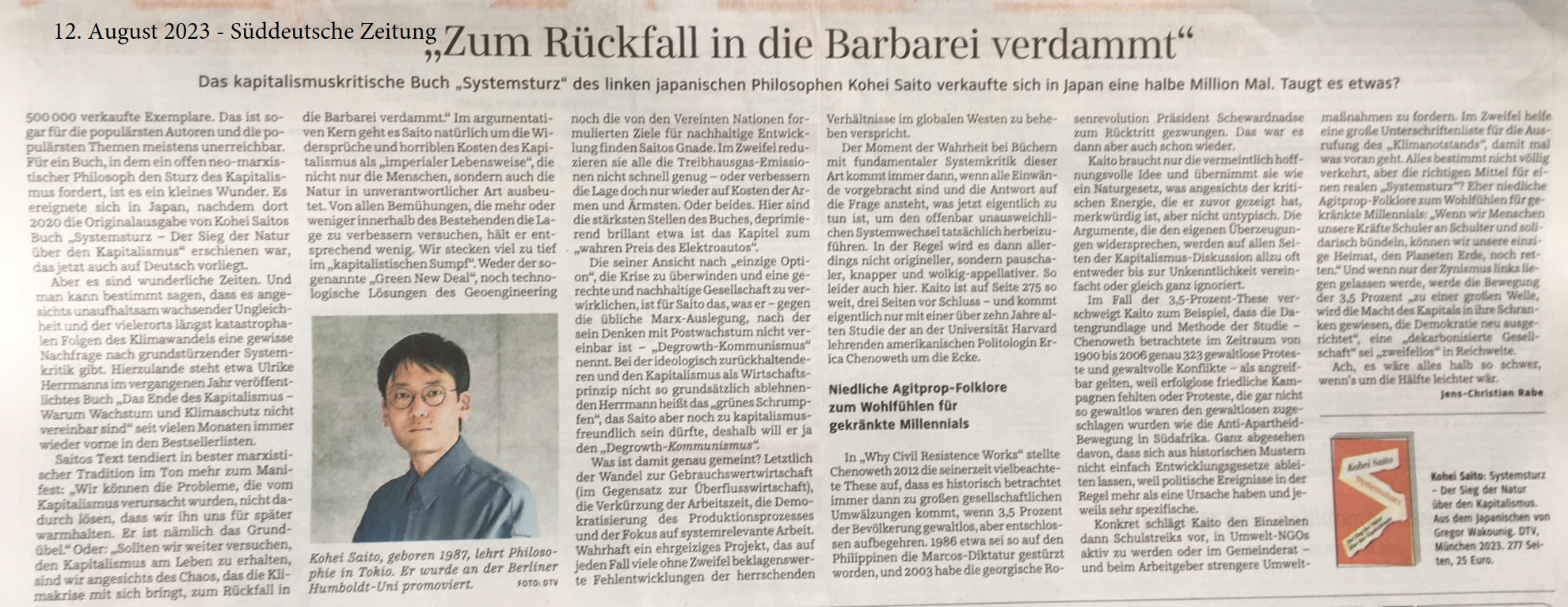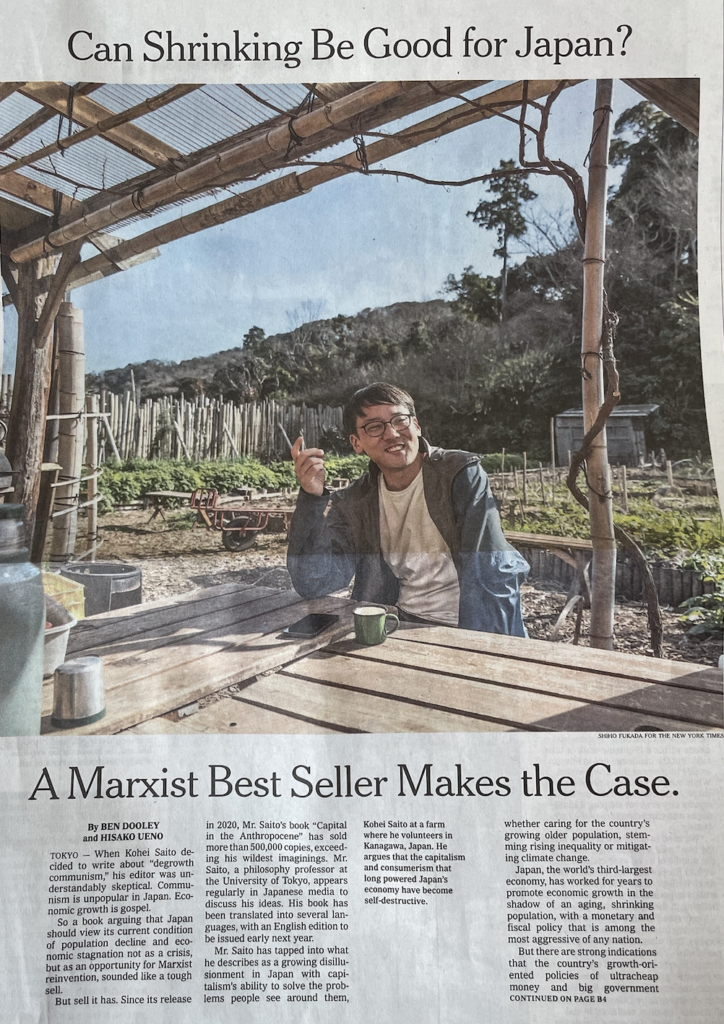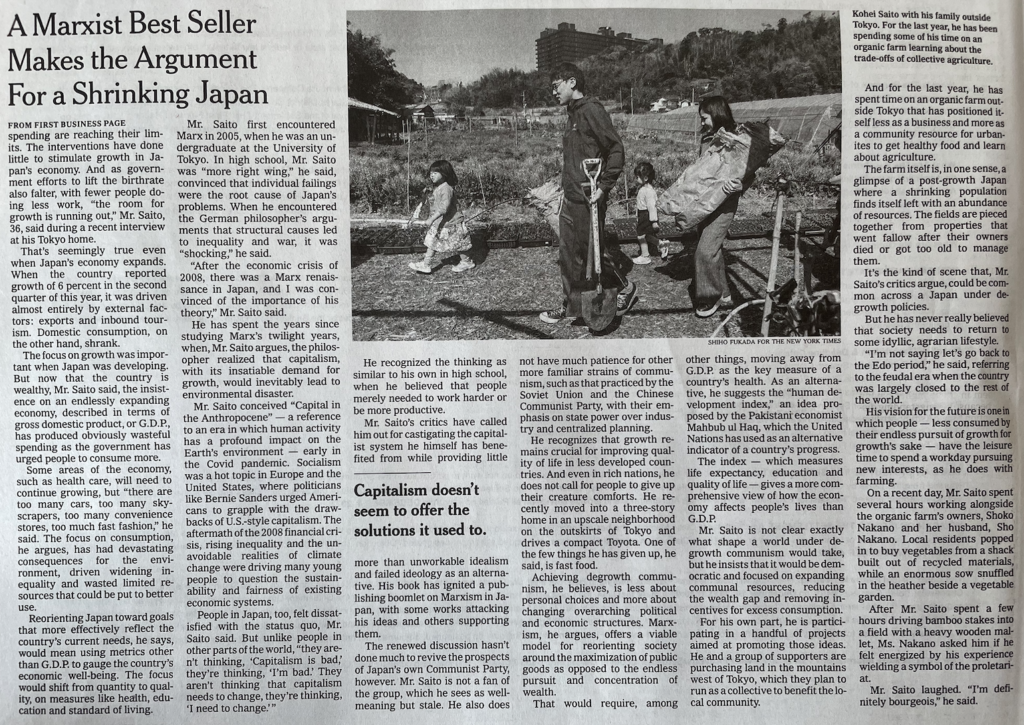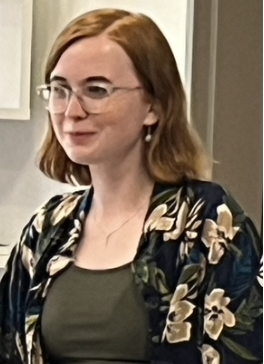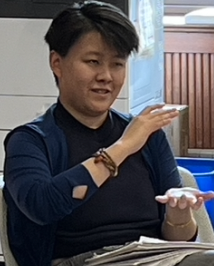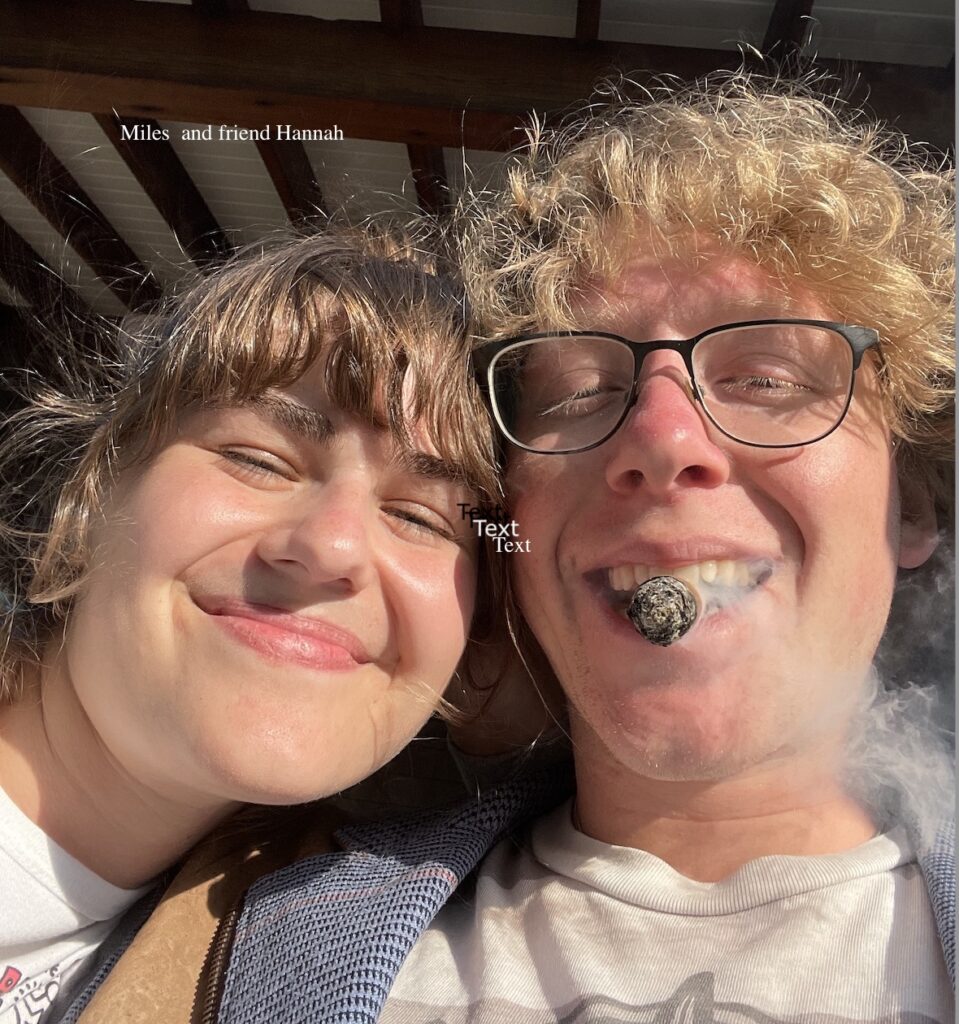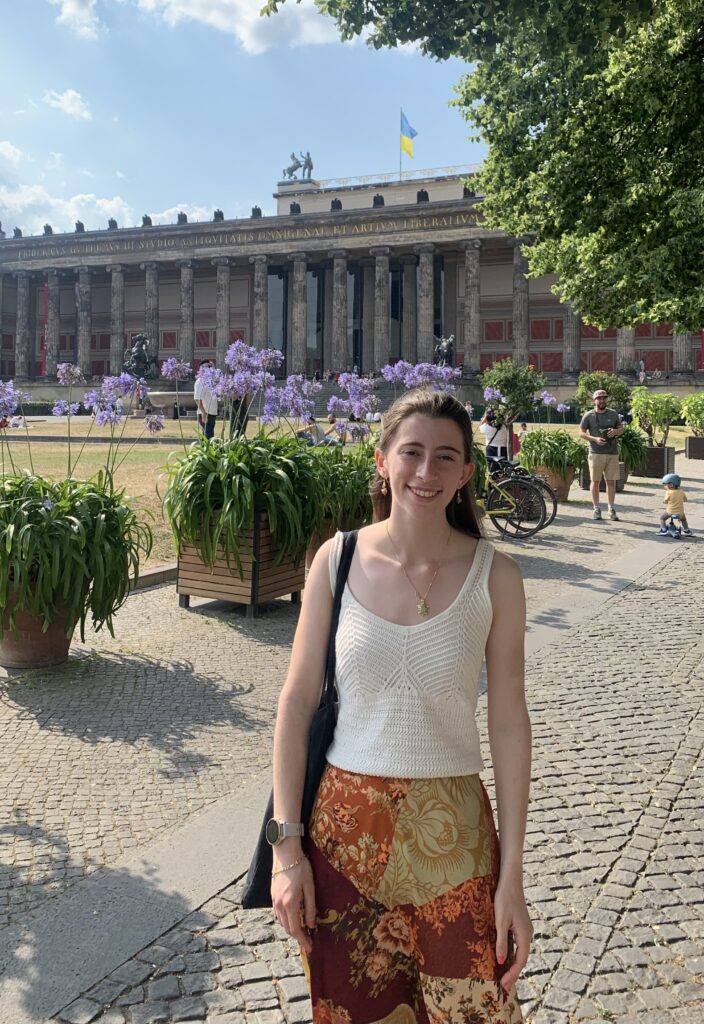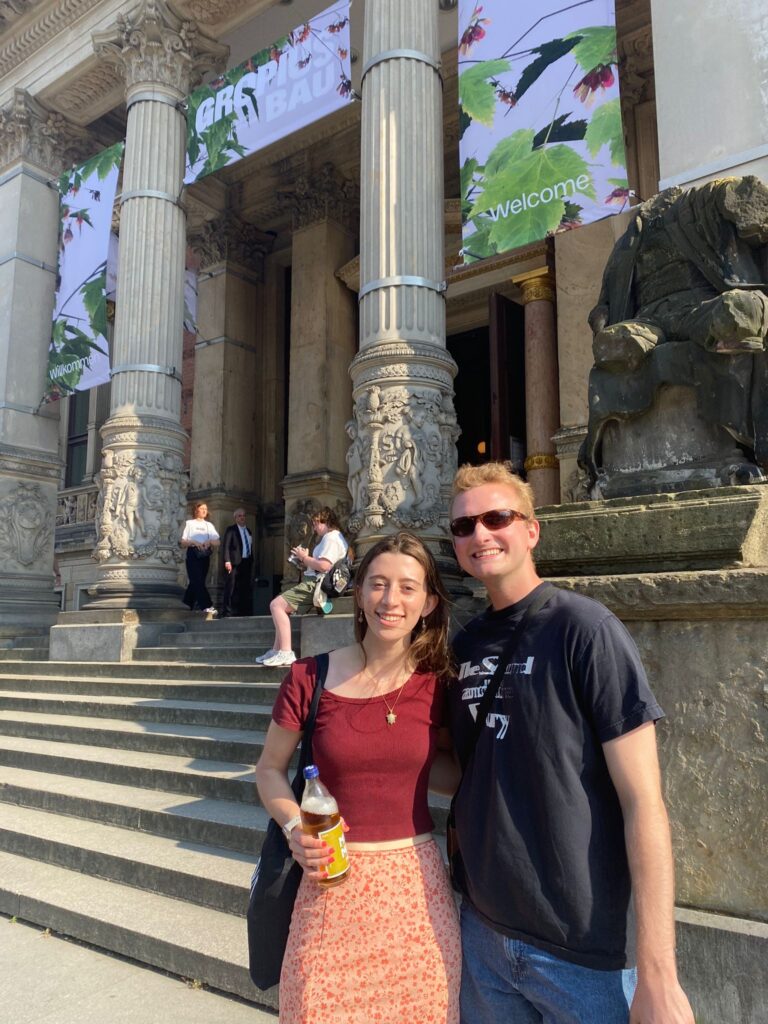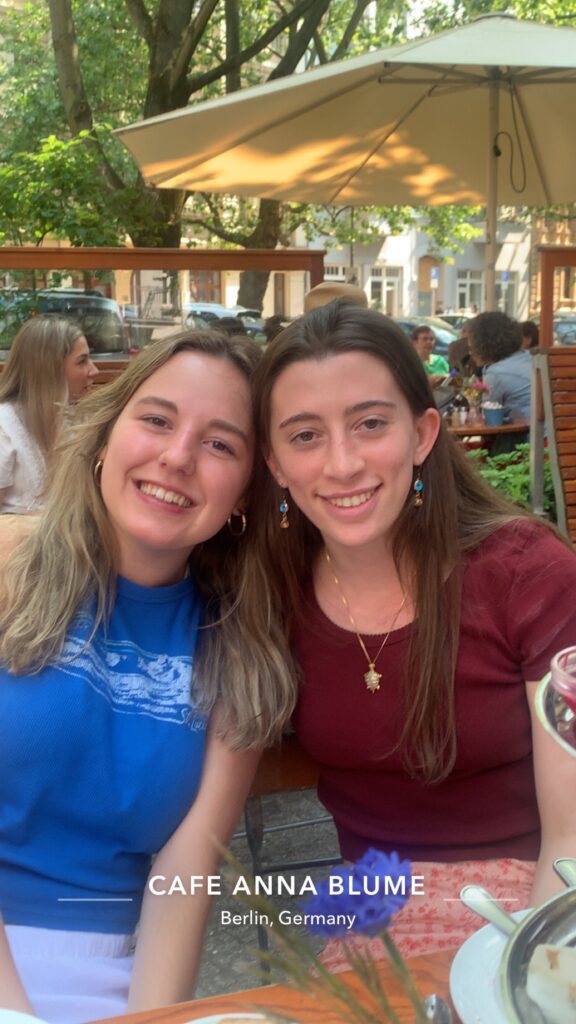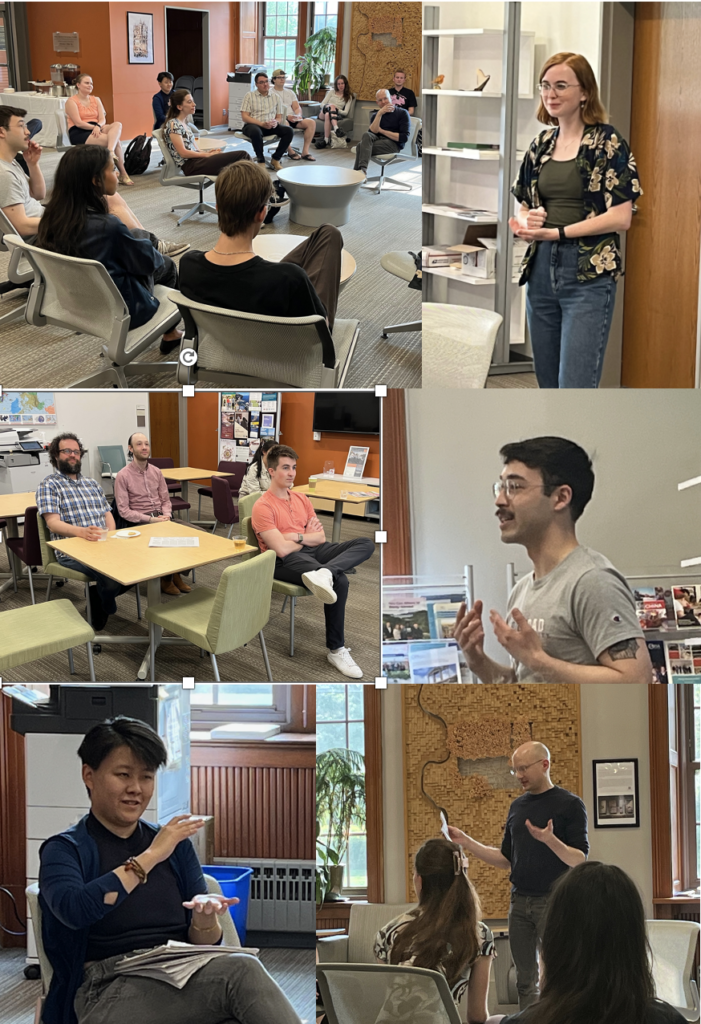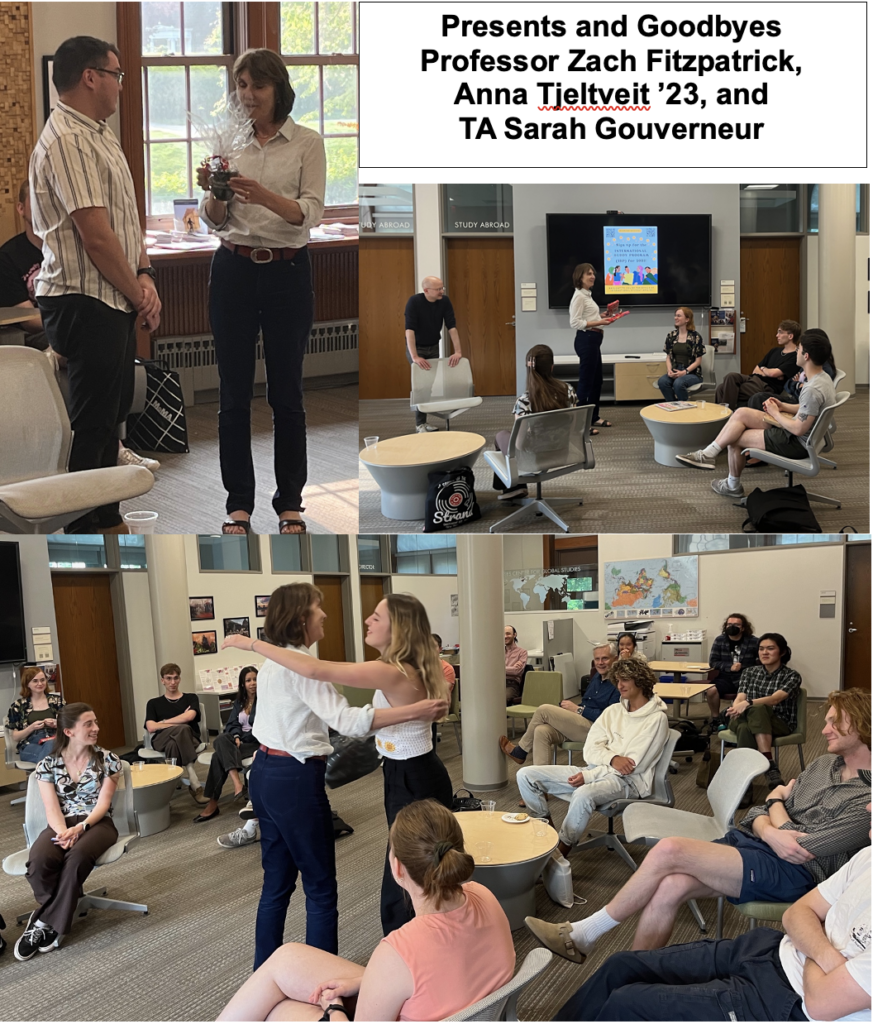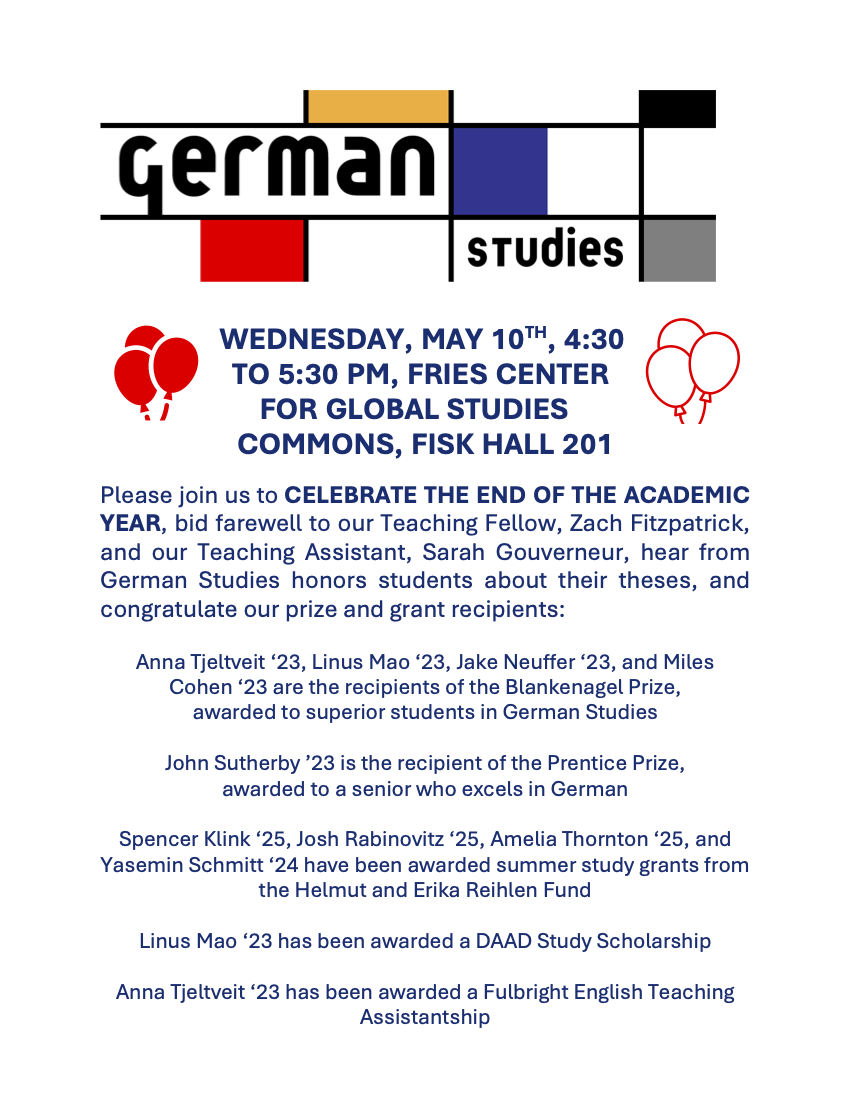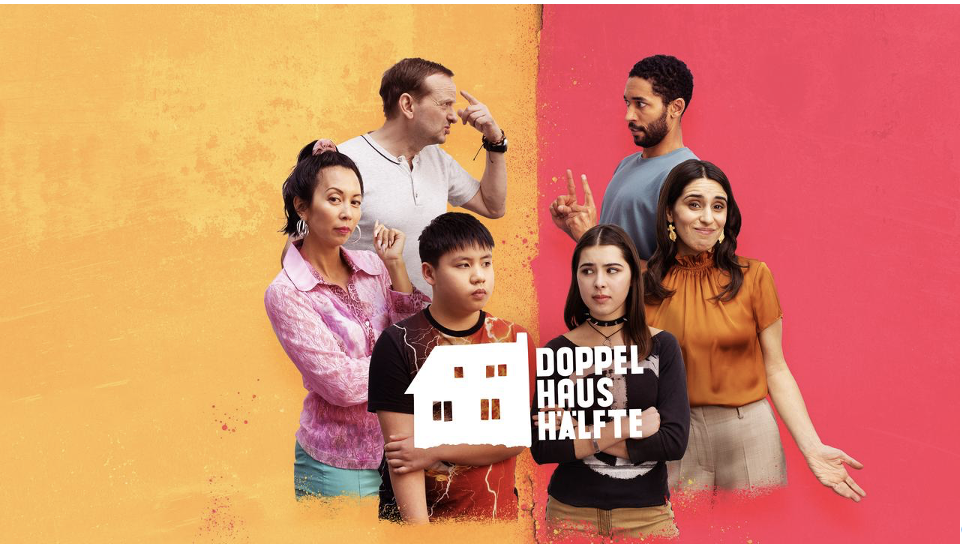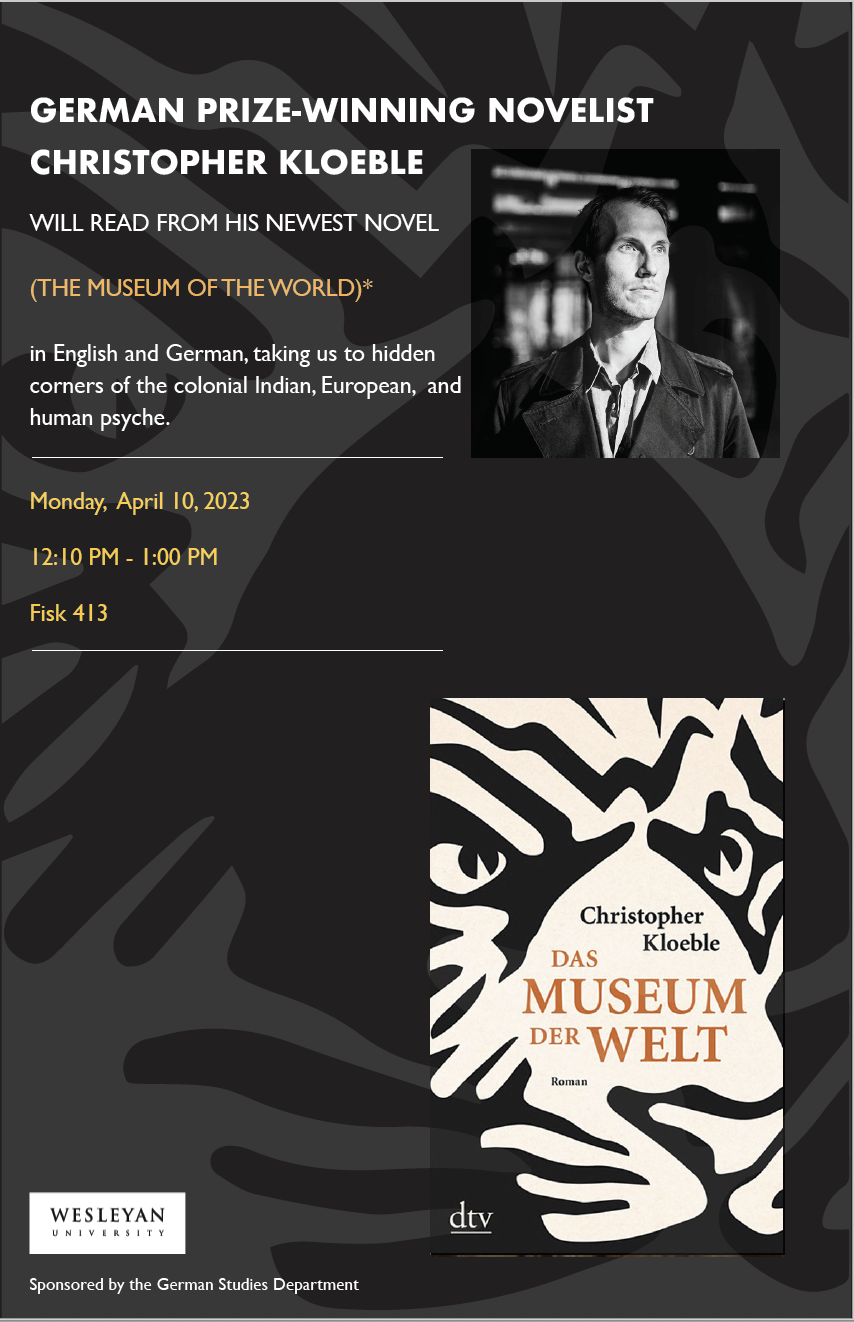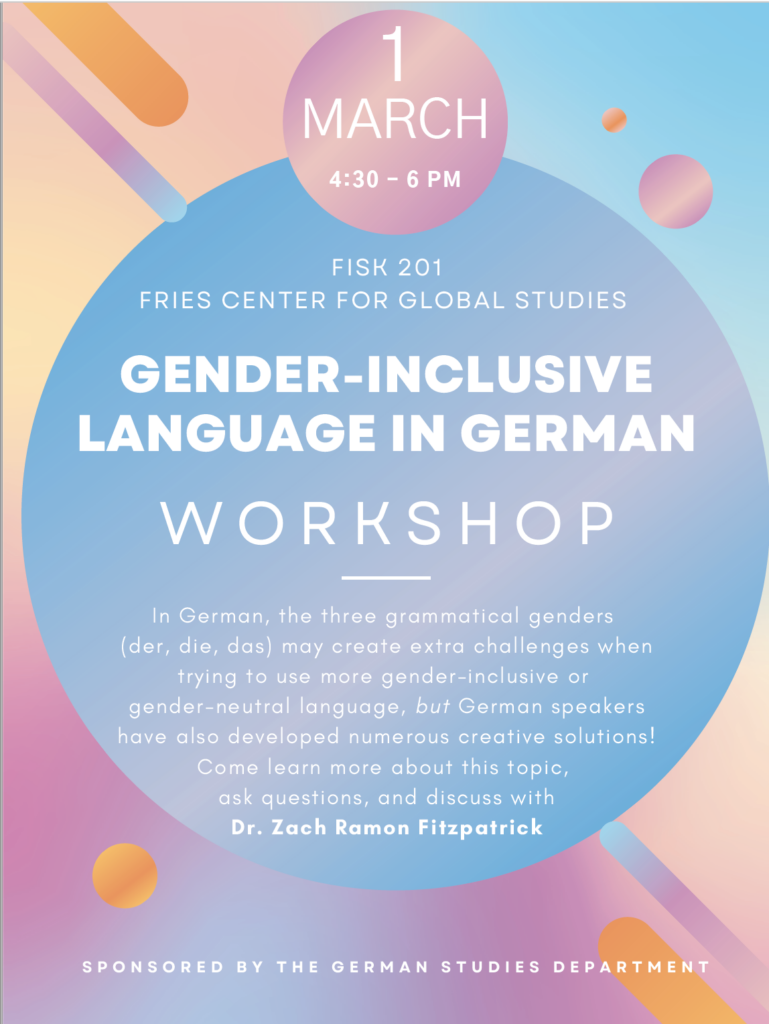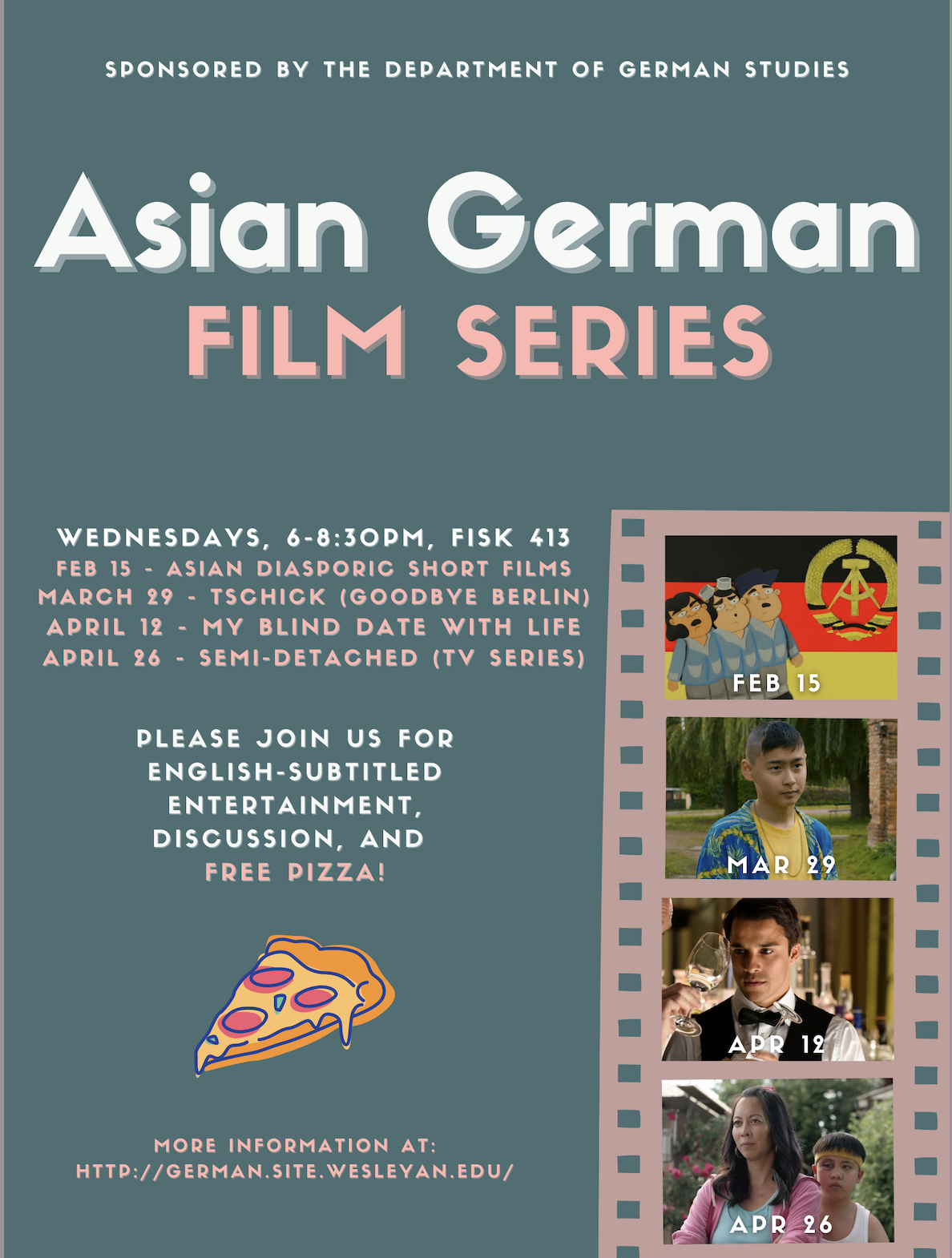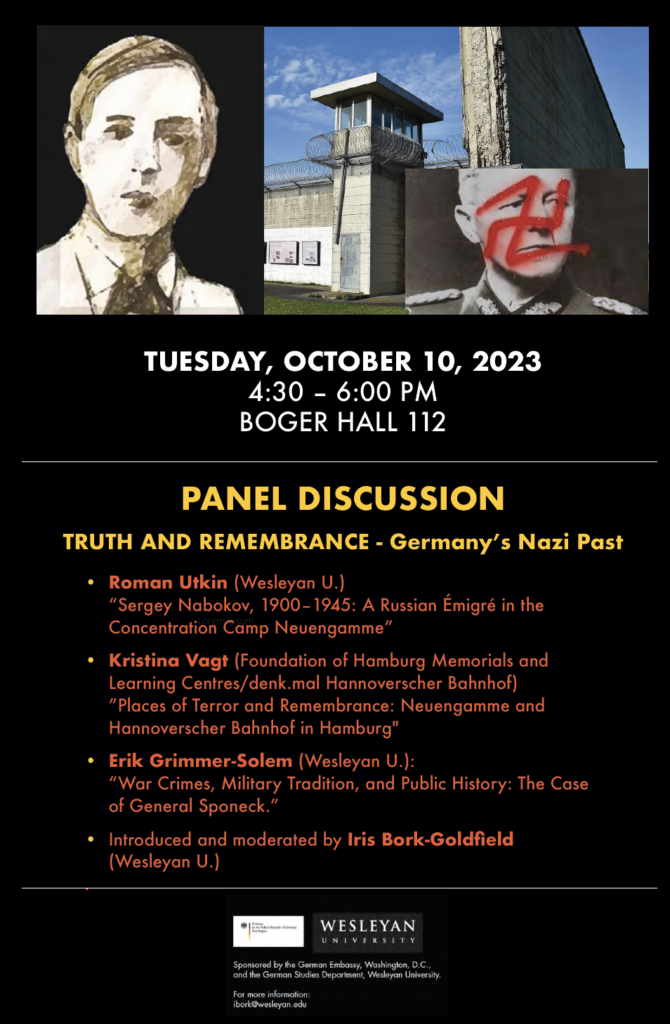
Roman Utkin: “Sergey Nabokov, 1900–1945: A Russian Émigré in the Concentration Camp Neuengamme”
Kristina Vagt (Foundation of Hamburg Memorials and Learning Centers/denk.mal Hannoverscher Bahnhof) “Places of Terror and Remembrance: Neuengamme and Hannoverscher Bahnhof in Hamburg”
Erik Grimmer-Solem “War Crimes, Military Tradition, and Public History: The Case of General Sponeck.”
Introduced and moderated by Iris Bork-Goldfield
Roman Utkin will talk about Sergey Nabokov. While the writer Vladimir Nabokov plays a central role in Russian cultural history, the Russian émigré Sergey Nabokov is merely a footnote to that history: a famous writer’s gay brother. Three facts of Sergey’s biography are invoked whenever his name is mentioned: he was gay, he had a bad stammer, and he died in a Nazi concentration camp in 1945. In the 1930s, Sergey lived with his life partner, Hermann Thieme, in Austria, where both were charged with violations of Paragraph 175 and imprisoned following the Anschluss. Hermann was sent to a penal colony in Africa. Sergey was initially released but then rearrested in Berlin in 1944 and ended his days in the concentration camp Neuengamme. The reconstruction of Sergey’s biography offers an invaluable glimpse into conceptions of a queer exile in interwar and wartime Europe.
Kristina Vagt will talk about the concentration camp in Neuengamme, a suburb of Hamburg, which—in the early summer of 1940—became the main concentration camp in northwest Germany until 1945. For many decades, Neuengamme faded from public memory. The Neuengamme Concentration Camp Memorial was inaugurated in May 2005 on the 60th anniversary of the camp’s liberation. Today, the Memorial encompasses virtually the entire grounds and 17 original buildings of the former concentration camp. Measuring about 141 acres (57 hectares), it is one of the largest memorials in Germany. It is a site for remembering and learning that preserves the memory of the victims of SS terror while also providing opportunities to explore the causes and consequences of the Nazi regime. In addition, Kristina will introduce the audience to Denkmal Hannoversche Bahnhof, the place from which Jews, Sinti, and Roma in Hamburg were deported to Auschwitz, Riga, Theresienstadt, and other concentration camps.
Erik Grimmer-Solem will be talking about General Hans von Sponeck and the memorials that were dedicated to him in Cold War West Germany. Long associated with the military resistance to Hitler because of his court martial in 1942 and execution by the SS in July 1944, von Sponeck is the subject of Prof. Grimmer-Solem’s historical research revealing involvement in significant war crimes and crimes against humanity during the invasion of the Soviet Union in 1942. These findings were published in the Militärgeschichtliche Zeitschrift and discussed extensively in the German news media and in the Bundestag in 2014-15. As a result, the “General-Hans-Graf-Sponeck-Kaserne” in Germersheim was formally renamed “Südpfalz-Kaserne,” and memorials to the general in Germersheim and Bremen were changed or removed. This episode raises important questions about the relationship between history and public monuments as well as the problem of what to do with monuments that are incomplete, misleading or inaccurate.



